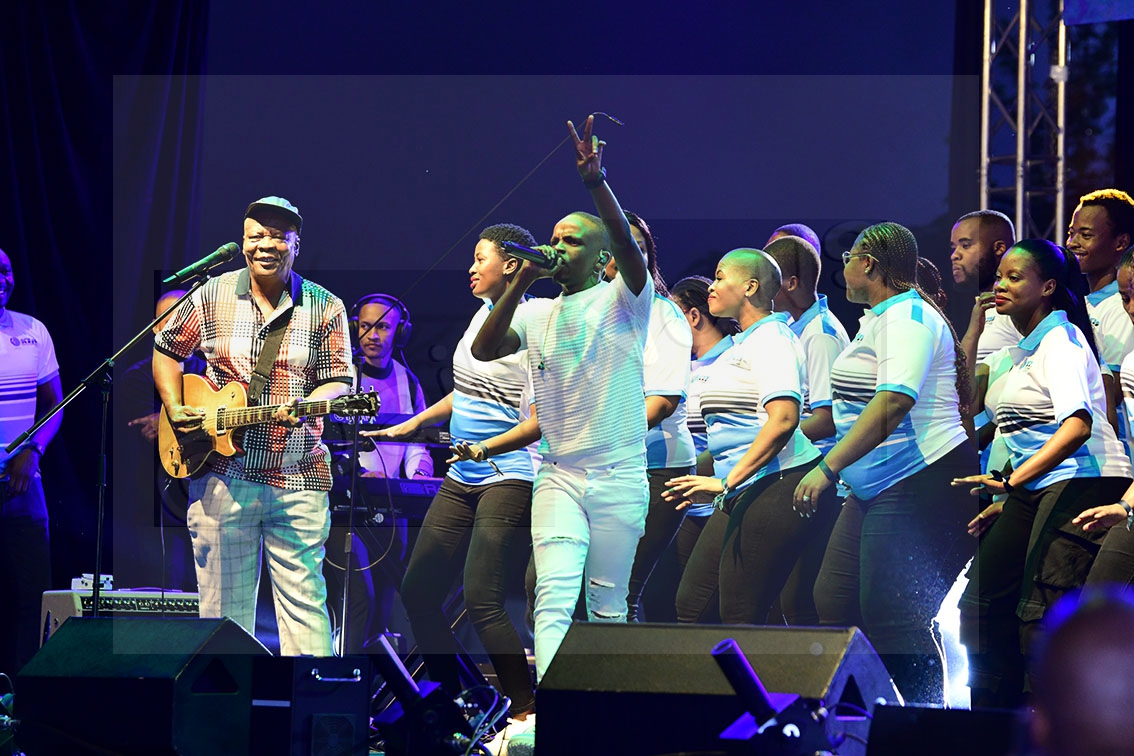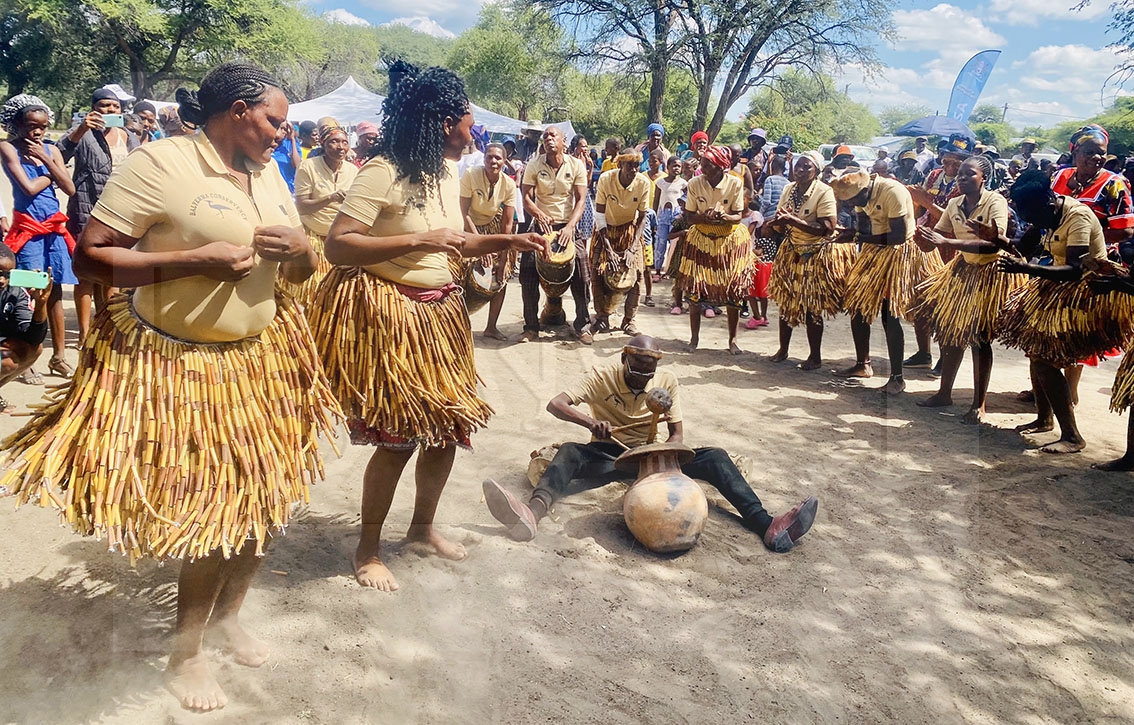Culture religion perspective on burial choices
25 Nov 2024
The nature and realities of having to live and die has become complicated across different people around the globe as it involves lots of uncontainable emotional, social-economic, personal and spiritual disconnections between the deceased and their loved ones.
This end-of-life process, burial, triggers a debate within the society as some people look unto others’ way of doing things during burial as so weird; luxurious, unhuman and or of third rate.
According to the interviewees, an array of burial methods exists such as in-ground burial or (cemetery, in-house and backyard), cremation where casketed remains are buried in a grave, aboveground burials or entombment in a crypt, natural burial or burial at sea.
Kemiso Mance from Matsiloje is of the notion that religions and cultures create a background on how one reacts to the reality of death and or burial.
“Types and methods of burial came about as ideal ways as prescribed and believed to be right by different cultures and religious philosophies as people kept experiencing death and having to deal with disconnections with the deceased in the most decent way,” said Mance.
He also mentioned that there was nothing like ordinary human being, hence no ordinary burial because anyone deserved the right of self-worth.
Executive chairperson of the China Friendship Association and the African China Cultural and Art Exchange Association in Botswana, Miles Nan, narrated how the Chinese people handle the issue of burial.
“Chinese burial customs are deeply influenced by both culture and religion.
For example, confucian ideals emphasise respect for the deceased, whilst Buddhist rituals shape specific practices such as chanting for the peace of the deceased,” said Miles.
Miles said spending on the burial process was all about honouring the deceased rather than displaying wealth, adding that it was important to consider environmental sustainability in burial choices as land becomes scarcer with cities becoming populous.
The Zezuru sub-culture, derived from the Shona tribe in Zimbabwe prefer a short period of not more than three days to bury their loved ones to save costs.
“We bury at the community cemetery. In our culture we don’t tolerate lengthy periods from time of death to burial so as to avoid unnecessary costs such as feeding the mourners every day,” said Rebecca Daniel from Kopong.
Pinkie Tshoto from Bobonong, is of the notion that mindset matters on how one conducts a burial process.
“There seems to be a psychological connection between finances and burial, and that very fact causes people to weigh the burial course against their wealth.
Nowadays, people use burial as a way of showing off and thus people end up disbursing for luxury things,” said Tshoto.
Winnie Chifedi said cultural ways of burial should be reviewed so as to adhere to the change of times.
“Taking into consideration that land is a scarce commodity nowadays, we should re-visit home burials.
Our yards permit space for burial and hence cultural conformity.
We can also opt for cremation or grave sharing as a way of promoting land sustainability,” said Chifedi.
Andrew Ditshebo, who is the coordinator of Rastafari Movement Community in Selebi Phikwe, said Rastafari recognised death as a natural occurrence just like birth, adding that theirs was rooted in African culture of ground burial.
Ditshebo, who revealed that Rastafari was not a religion, but a way of life, said they saw wealth as a material possession.
“We have seen that we are born with nothing and so shall leave with nothing. No Rasta man will wish for an expensive burial,” said Ditshebo.
Ditshebo also added that a Rasta man would prefer to be buried in the ancient African culture of animal skin burial.
“We came without expensive clothes or possessions, so let’s leave with nothing,” concluded Ditshebo. ENDS
Source : BOPA
Author : Keetile Bontsibokae
Location : LETLHAKANE
Event : INTERVIEW
Date : 25 Nov 2024






